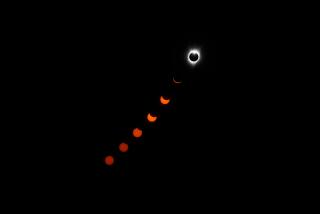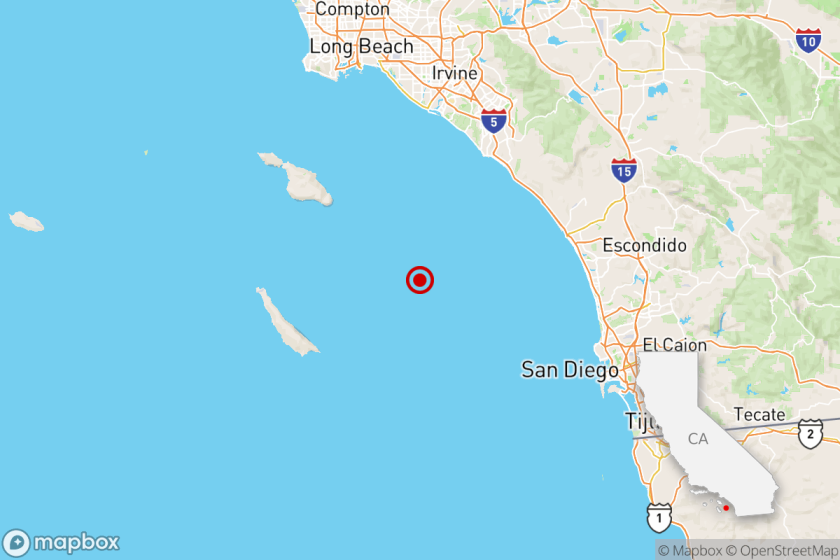Emotionally Charged Events Fire ‘Flashbulb Memories,’ Studies Find
Soon after the tremors settled down, survivors of the Oct. 17 San Francisco earthquake began filling the ears of friends, neighbors and reporters with vivid accounts of where they were, what they were doing and how they reacted when the quake struck.
One 73-year-old survivor recalled, “I was just sitting in my dinette, having a glass of wine and reading Good Housekeeping, getting really relaxed, when everything started coming down off the walls.”
They were the same kinds of stories that Americans old enough to remember still tell of where they were and what they were doing when they first learned of the attack on Pearl Harbor, President Kennedy’s assassination or the explosion of the space shuttle Challenger.
Such unexpected, emotionally charged events can trigger what some psychologists call “flashbulb memories” in the people who experience them.
The phenomenon was first described more than a decade ago by Harvard researchers Roger Brown and James Culik, based on studies of people’s memories of the Kennedy assassination a dozen years after the event. Their study suggested that events with powerful emotional content triggered a special kind of photographic memory process.
But more recently, researchers like Michael McCloskey, professor of cognitive science at Johns Hopkins University, have argued that so-called flashbulb memories are no different from ordinary memory, only stronger, as might be expected for a major event.
Fergus I.M. Craik, a memory researcher from the University of Toronto, said at the annual conference of the Association of Science-Technology Centers in Baltimore last week that some research has suggested that flashbulb memories tend to be most vivid in their context--in the detail of the time and place of the individual’s immediate surroundings and his emotions--rather than in the details of the event itself.
And that, he said, may suggest the phenomenon’s evolutionary purpose--its payoff in terms of human survival that has allowed it to become a part of our psyche.
The animal equivalent of flashbulb memories may mean the difference between life and death.
An animal in the wild is more likely to survive, Craik said, if it is able to recognize the smell of the forest where an earlier attack by a predator took place, the ominous silence, the time of day, the season, the weather--any details that might warn of danger if they are ever encountered again.
Similarly affected, many earthquake survivors would be expected to find it difficult or impossible to go back into the house--or the state--that shook, just as air crash survivors may refuse to fly again.
“Reinstating the context (of an emotionally traumatic event) may be very disturbing,” Craik said. “I had a student who had been recently sexually assaulted. She told me that one of the very disturbing things for her was when she saw her car--she had been assaulted in her car--the next time, she didn’t want to get back in the car.”
Despite the photographic quality their name implies, Craik said, flashbulb memories can be inaccurate. He recalled the case of a psychologist who appeared on an Australian television talk show with a local police chief to discuss the poor reliability of traumatized witnesses to violent crimes.
Shortly after the show, Craik said, the psychologist was arrested on suspicion of rape. The victim had been watching the TV talk show when she was attacked in her apartment and raped.
In her distress, Craik said, “she had merged his face with that of her attacker” and provided police with a vivid description of the psychologist. The psychologist, of course, had an iron-clad alibi, and he was later released.
More to Read
Sign up for Essential California
The most important California stories and recommendations in your inbox every morning.
You may occasionally receive promotional content from the Los Angeles Times.










